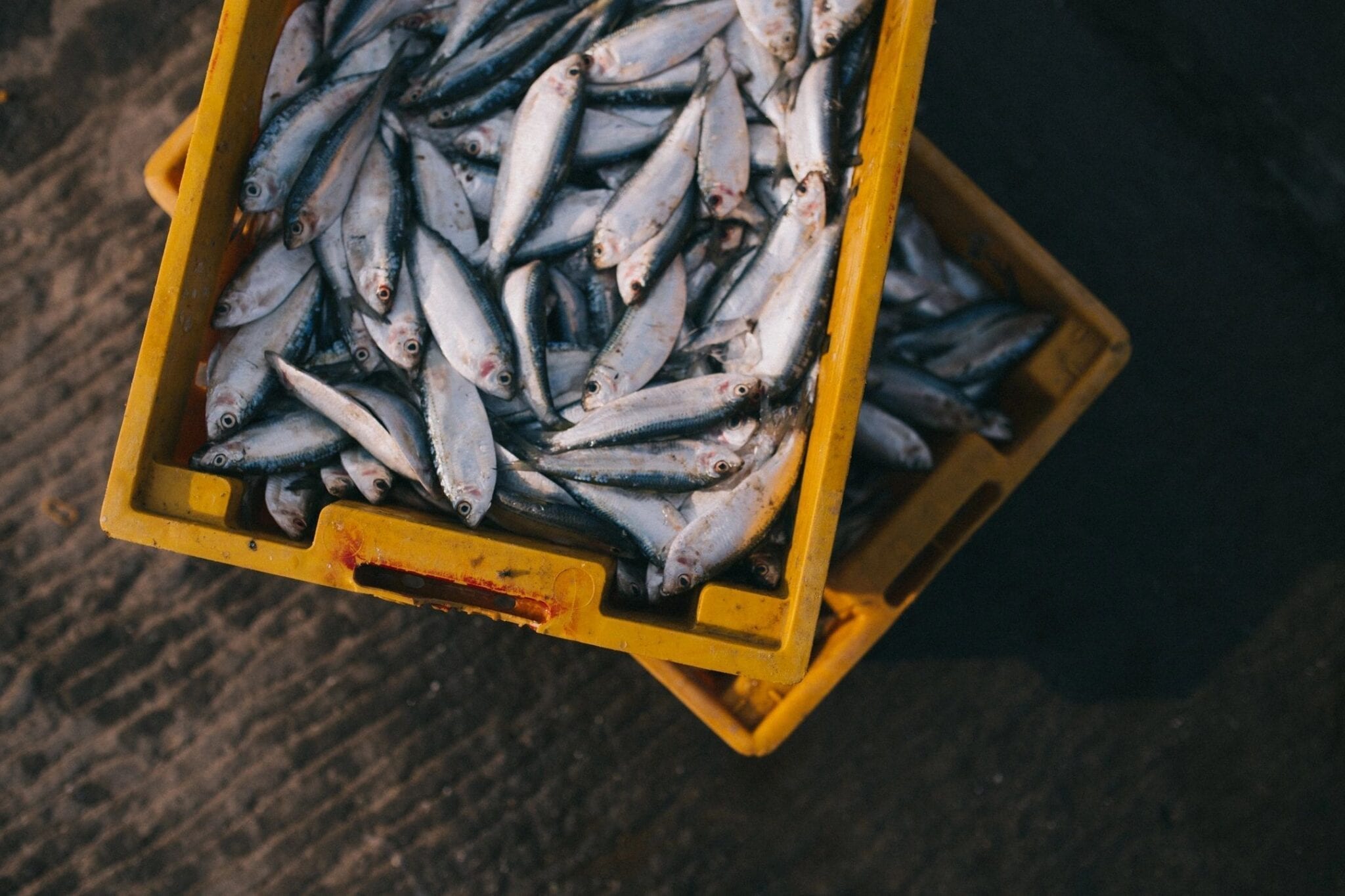
Worker Voice on Fishing Vessels
Funded by the David & Lucile Packard Foundation research for the paper began in June 2020. The intent was to collate meanings and understanding of the terms Worker Voice and Grievance Mechanism as they relate to those working on fishing vessels around the world, as well as highlight examples of mechanism in place, projects and pilots.
“We want to know that crews working on Responsible Fishing Vessel Standard (RFVS) certified vessels have safe, effective, access to third party advice and resolution mechanisms. We can only do that by building consensus on what best practice looks like; what we can expect now and what needs to improve” commented Melanie Siggs, Director, Global Seafood Assurances “Right now that consensus doesn’t exist and this project was the critical starting point”
Key Traceability were contracted to lead the research. An expert Advisory Group which included NGOs, retailers and consultants on social issues in fishing was recruited. Covid 19 restrictions prevented in-country outreach around the world, but rigorous desk based research was combined with 1:1 interviews and a survey that was extended in 9 languages and benefited from the recruitment of local champions to deepen regional opportunity to participate.
“We very much welcome this important contribution to the ongoing work to ensure the human rights of people in the fishing sector are respected, regardless of where in the world they are working. There is still a lot of work to do to ensure that fishers around the world have effective grievance mechanisms, but this report is critical to building our understanding of what is currently in place, and what we as businesses can do to support improvement” said Andy Hickman, Head of Human Rights (Food and Procurement), Tesco, and Project Advisory Group member “Thank you to the David and Lucile Packard Foundation and Global Seafood Assurances for their support for this work, and thank you to all those who contributed to the study”.
The project found that there is an increasing awareness of the term Worker Voice, but less experience or knowledge of mechanisms for fishing vessel workers. It was noted that most relevant projects have been initiated and developed by Civil Society Organisations and private companies, there is currently a lack of fishing industry specific government led initiatives. Most of these initiatives have taken place in EEZs and few have gone to scale. Further that, often, authorities are not trusted by fishers to resolve grievances effectively, especially for migrant fishers.
Read more here.
